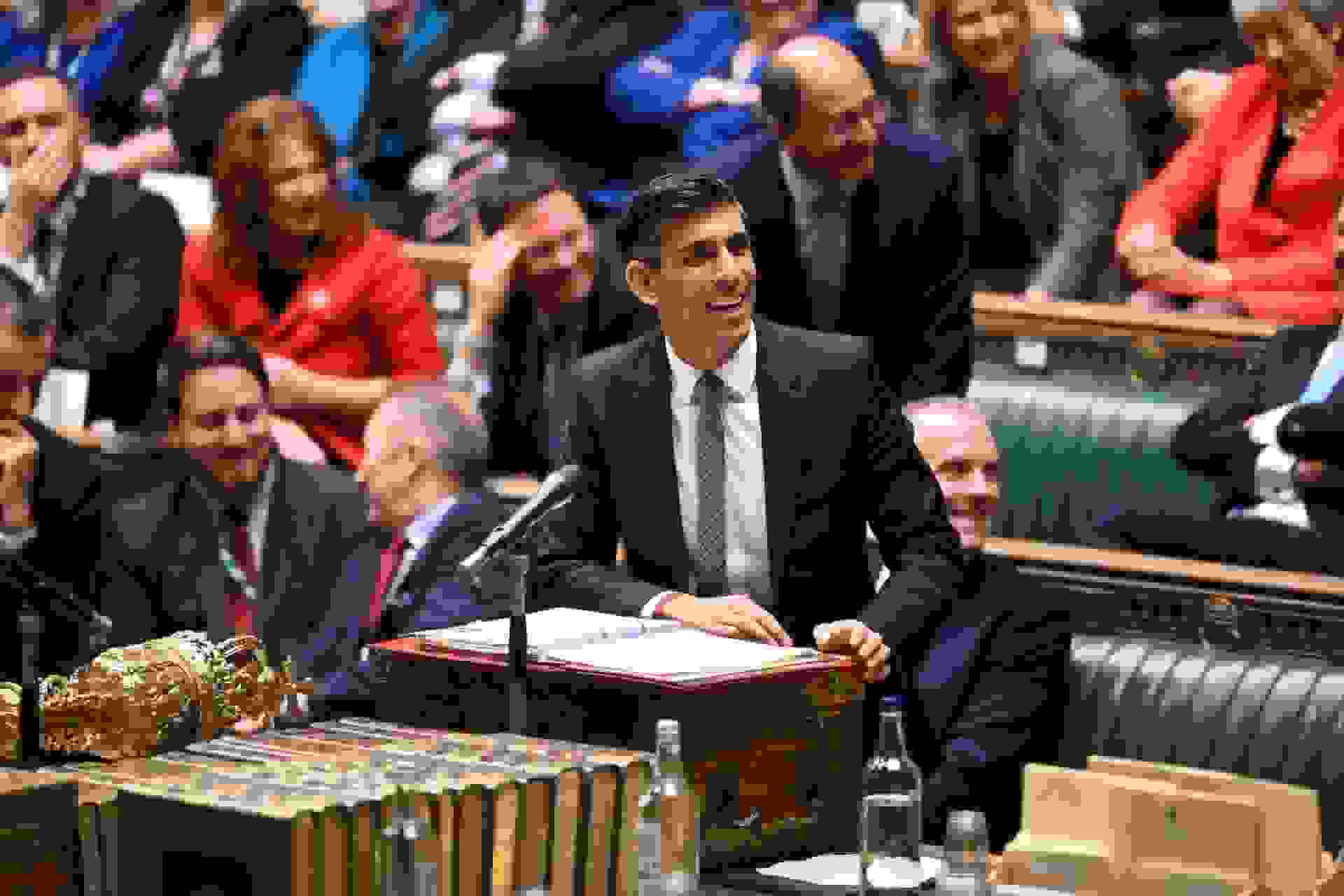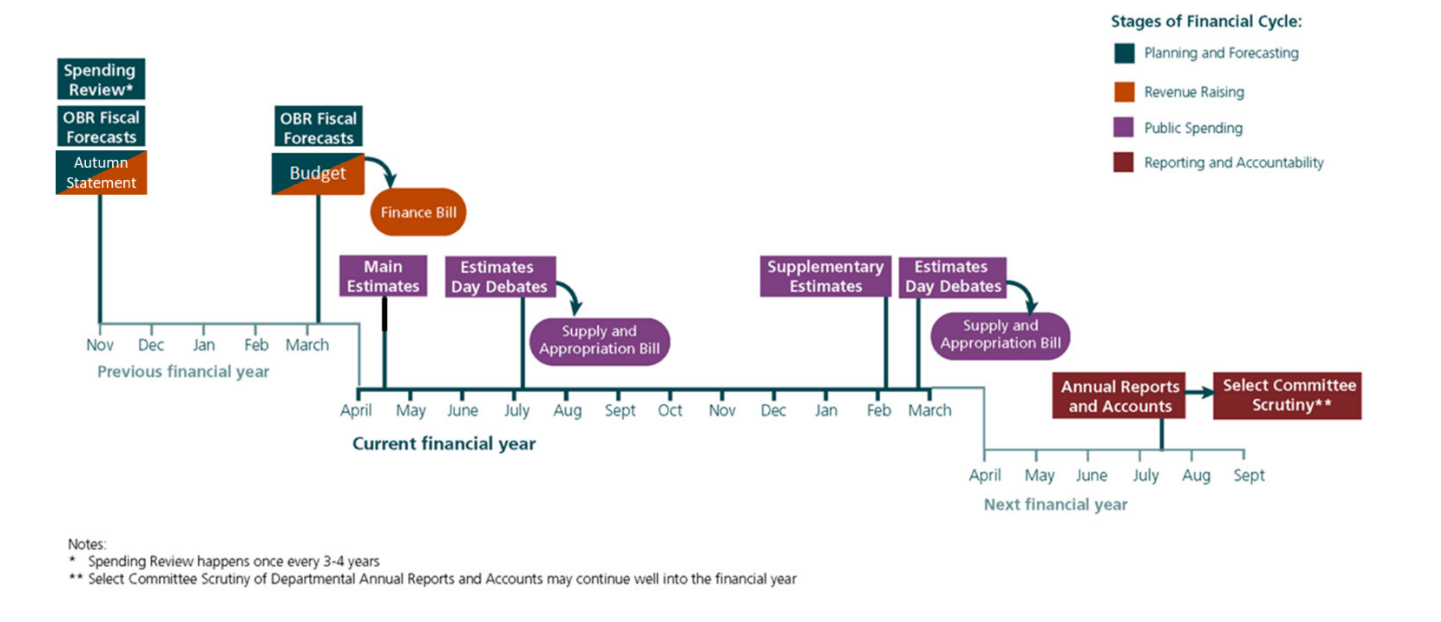News / Rwanda Bill becomes law: but what was really going on behind the scenes in Parliament? - Parliament Matters podcast, Episode 31
The Rwanda Bill has made it over the parliamentary finishing line but not without some last-minute drama. We talk to the SNP’s Alison Thewliss MP about what went on in a small room, behind the Speaker’s Chair, away from the cameras!








